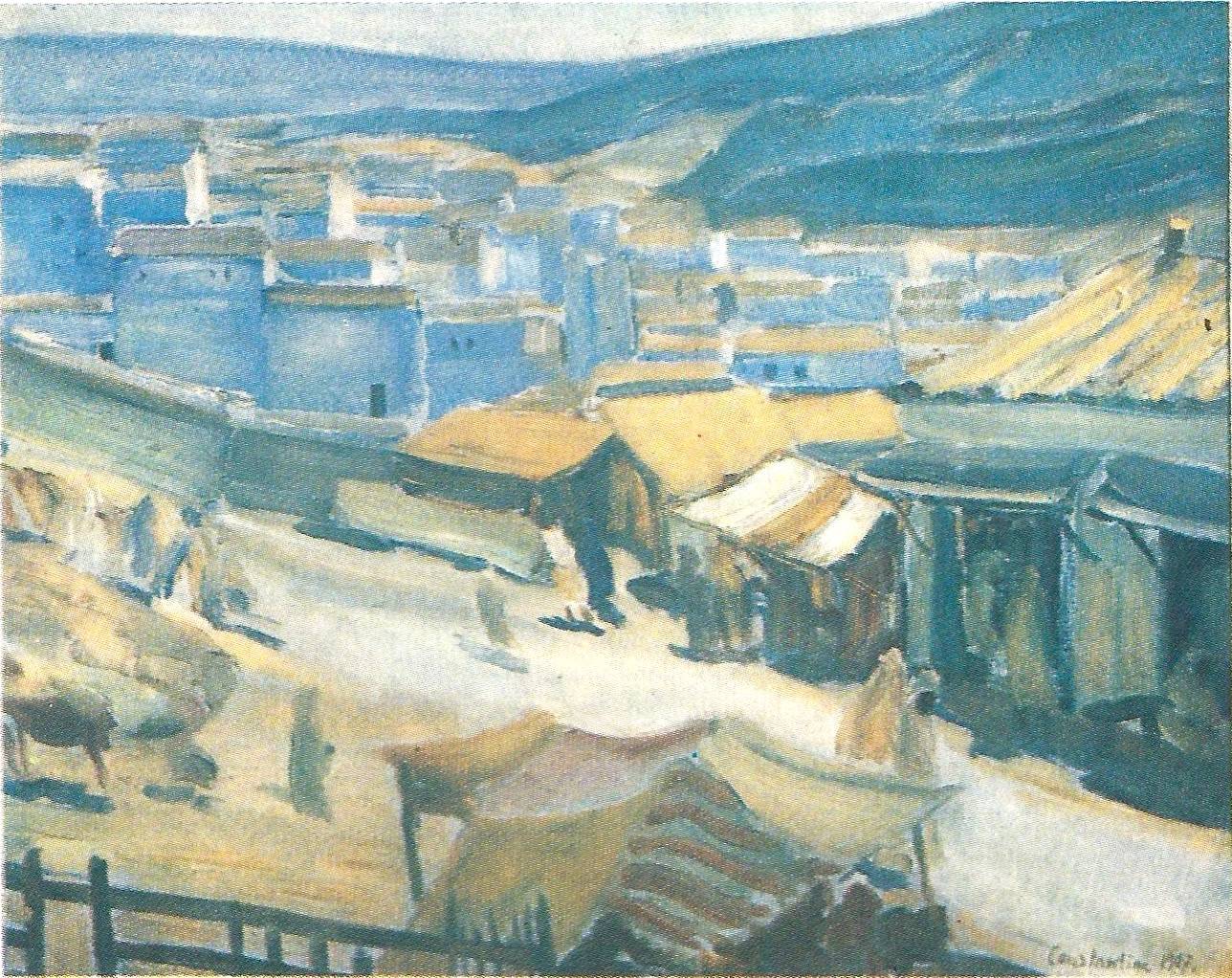
The presidential elections in the Democratic Republic of the Congo are about two weeks away. The key question in these elections in recent years has not been who will win them, but whether they will be held within the established constitutional deadline, that is, December 20. After the first, a second question arose: what consequences would the postponement of the presidential elections bring?
Some Congolese voters will not be able to vote
Even if the elections are held on time, not all Congolese voters will be able to participate. In particular, because in the eastern province of North Kivu, clashes continue between government forces and the M23 group, which began at the end of 2021. The M23 managed to take control of several territories in the province. Thus, voters in Masisi and Rutshuru, two of the six territories of the province of North Kivu, will not be able to vote due to ongoing fighting. North Kivu province is home to approximately three million voters, making it the second largest province in the country.
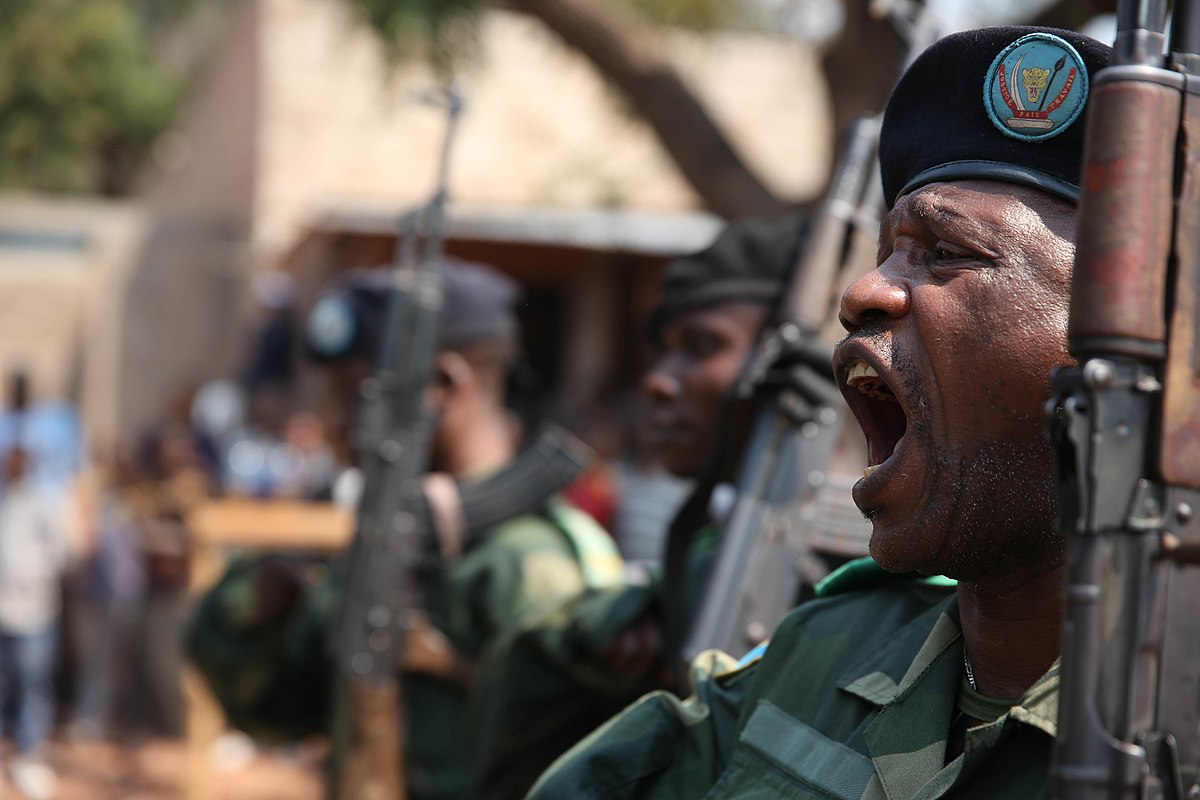
It is unlikely that Congolese authorities will be able to stabilize the situation in the east in the weeks before the elections. Furthermore, the East African Community (EAC) joint military contingent, which includes soldiers from Kenya, Uganda, Burundi and South Sudan, has now begun to withdraw from the eastern regions of the Democratic Republic of the Congo. On December 3, a group of Kenyan soldiers took off from Goma airport, the administrative center of North Kivu province. Kinshasa refused to renew the mandate of the EAC regional forces after December 8 due to their low effectiveness in fighting illegal armed groups.
SAC soldiers should be replaced by military contingents from countries belonging to the Southern African Development Community (SADC). However, discussions on the issue of sending SADC regional forces to eastern DRC have been ongoing since May this year and no tangible results have yet been seen.
Previously, the head of the CENI, Denis Kadima, said that if the situation in the east of the country does not improve, then the question of postponing the date of the elections could arise, and emphasized that he will not take full responsibility for the delay in voting. . “The CENI will not decide alone on a possible postponement””Kadima noted.
Logistical problems could cause delays in voting
Even if Kinshasa could hold elections in all 26 provinces, Congolese authorities would face other problems: logistical problems in getting the necessary equipment to polling stations, a shortage of electronic voting machines and damaged plastic voter identification cards.
According to official data published by the CENI, on December 20, 43,941,891 voters will visit more than 75,000 polling stations throughout the country to cast their vote. In terms of logistics of equipment and all the necessary materials, CENI faces a difficult task. To date, the electoral commission has not been able to deliver all the necessary equipment to all polling stations. Now delivery is carried out urgently and exclusively by plane, which inevitably costs more.
The transportation system of the Democratic Republic of the Congo suffered greatly during the First and Second Congo Wars. Government mismanagement, tribal conflicts and chronic underinvestment have continued to negatively impact road infrastructure development for many years. Natural barriers (the difficult terrain and the Congo River basin) create additional difficulties in the construction of roads and railways.
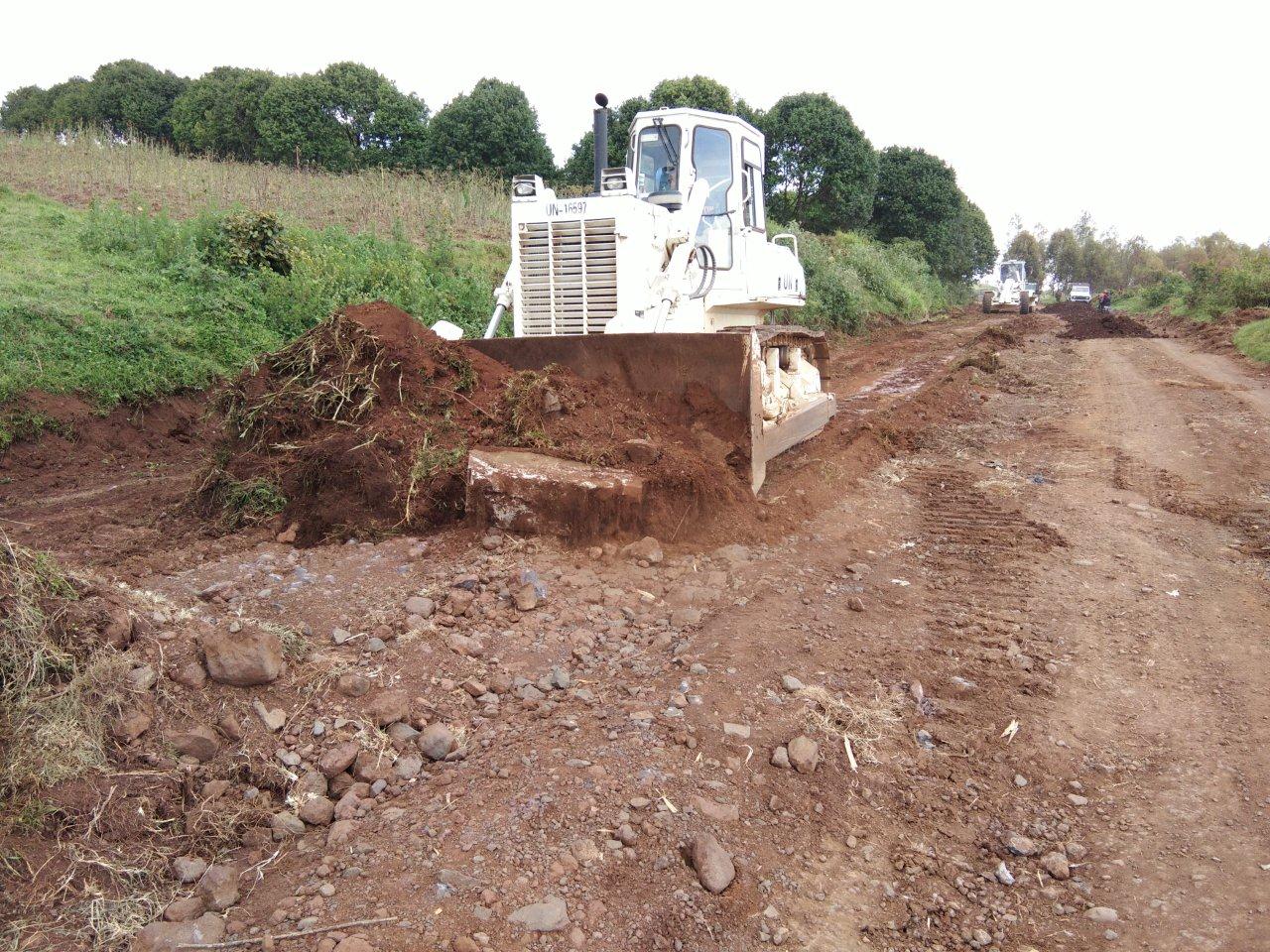
Often, to deliver goods from one end of the country to another, it is necessary to repeatedly reload them from rail to water or road transport. All this takes a long time. If we talk about express delivery, it can only be done by air.
Presidential candidates in the Democratic Republic of the Congo have repeatedly complained about poor logistics. In general, only presidential candidates who have a private jet can really compete for votes during the electoral race, because they can visit more provinces and communicate live with their voters.
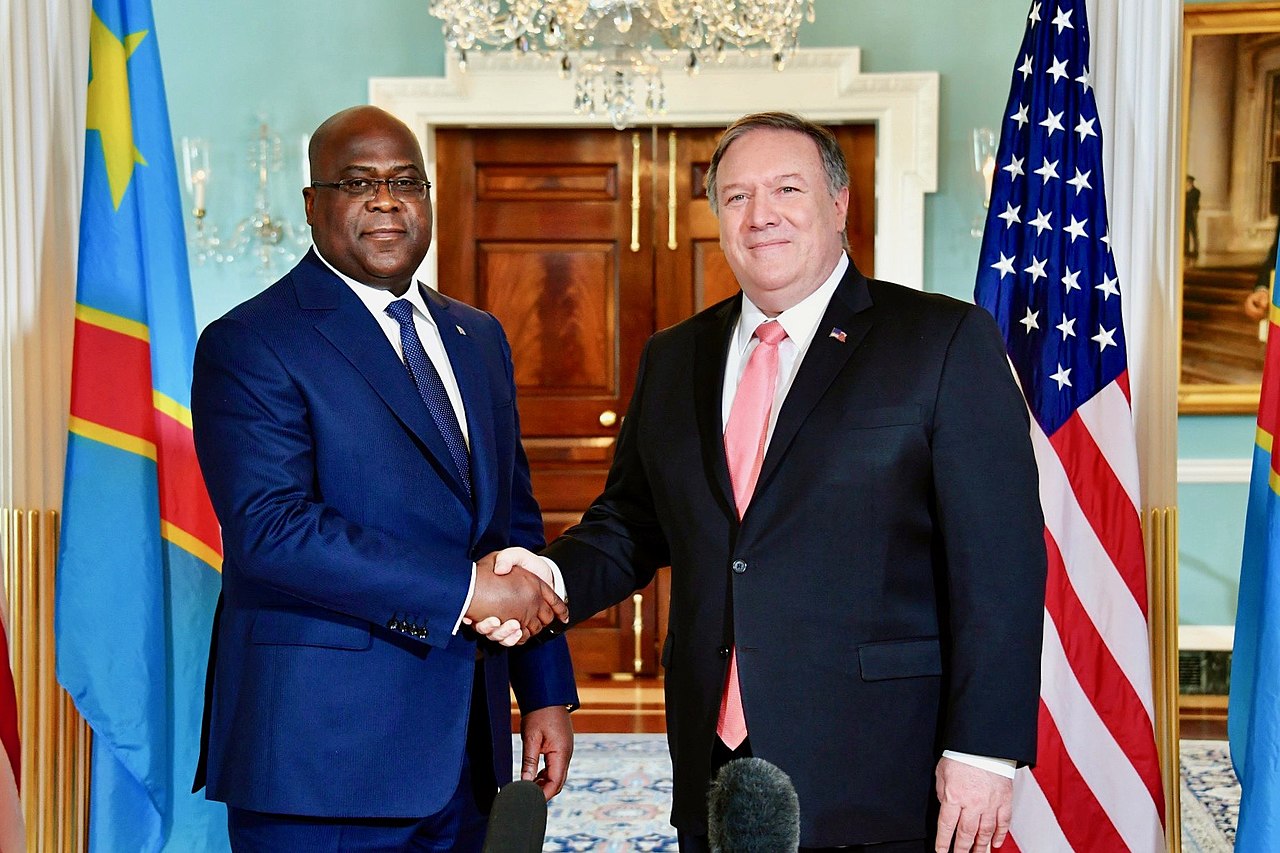
According to former US Deputy Minister of African Affairs Herman J. Cohen, logistical problems in delivering the necessary materials to polling stations may be the main reason for indefinitely postponing the presidential elections in the Democratic Republic of the Congo.
On the other hand, CENI needs to inventory some 55,000 voting machines used in the 2018 presidential elections. It must verify their functionality and install updates on some machines. In addition, the authorities of the Democratic Republic of the Congo have ordered another 26,000 voting machines from the Korean company Miru Systems, which already supplied them in 2018. In mid-November, Denis Kadima confirmed the delivery of seven thousand electronic voting machines to Kinshasa . Another 19,000 cars are expected to be delivered, which will then have to be delivered to the polling stations. The situation is further complicated by the fact that the South Korean company delivers the voting machines only after full payment, which can be delayed by Congolese authorities. It was previously believed that the last batch of voting machines should have been delivered on December 6, but no information about this has yet been received. In addition, CENI lost more than 1,000 voting machines as a result of fires in Bukavu (South Kivu) and Bolobo (Mai-Ndombe).
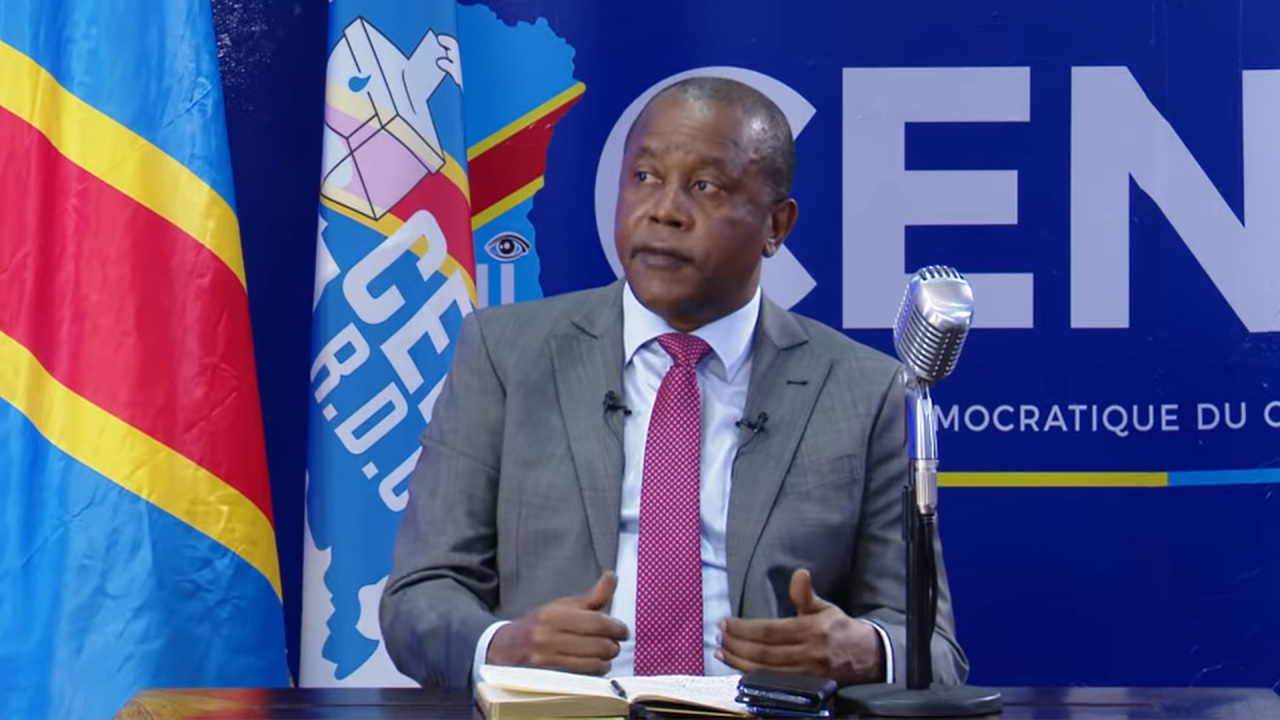
Also among the problems facing the Independent National Electoral Commission of the Democratic Republic of the Congo is the poor quality of the production of voter cards. On many certificates, voter information has been erased or rendered illegible. Representatives not only of the opposition, but also of the Congolese government fear negative consequences. For example, MP Paul Chilumbu, elected from Changu, one of Kinshasa’s electoral districts, speaks openly of a possible electoral disaster due to faulty voter IDs.
“We fear this could lead to an electoral disaster… I have overlooked my Changgu constituency. I assure you that in 90% of cases the inscriptions on the voters’ plastic identification cards were illegible.”Chilumbu said.
The Congolese voter card is the only document that proves the identity of a citizen of the Democratic Republic of the Congo. It is attached to the passport. Any citizen of the Democratic Republic of the Congo who has reached the age of 18 can obtain a CENI identity card that will allow him or her to vote in the country’s elections. Voter IDs were first issued in 2005-2006, simultaneously with the registration of those eligible to vote. The previous identity card for Congolese citizens became invalid in 1997, following the overthrow of the country’s former president Mobutu Sese Seko.
CENI may not have enough money to organize elections
After Denis Kadima headed the national electoral commission, he repeatedly claimed that election operations were ill-timed and underfunded. These statements became a source of tension between the head of the CENI and the Minister of Finance of the Democratic Republic of the Congo, Nicolas Kazadi. In mid-November, Kadima said CENI was still short $300 million. On November 29, Kazadi confirmed a transfer of some $130 million to the CENI account. Once again, it is unclear whether the CENI will have sufficient funds and whether the electoral commission will have time to put the money to work if it comes too late?
International monitoring of the transparency of the presidential elections is in doubt
There is also an urgent question about the transparency of the presidential elections and their international monitoring. The Congolese opposition is outraged that the DRC authorities did everything necessary to prevent EU representatives from supervising the elections.
“We condemn the government’s maneuvers, which forced the European Union to cancel its mission, which is of utmost importance to guarantee the transparency of the elections. “The security obstructions aimed at preventing the mission from obtaining the equipment needed to monitor elections across the country foreshadow massive electoral fraud that has been long in the making…” – said Hervé Diakese Kungou, a close supporter of the presidential candidate of the Democratic Republic of the Congo, Moise Katumbi.
The European Union announced on November 29 the withdrawal of its election observation mission in the Democratic Republic of the Congo, citing “technical limitations” that prevent EU representatives from doing their job properly. The EU made this decision after Congolese security services banned European experts from using some equipment, in particular satellite phones.
However, a few days ago, on December 5, Brussels decided to organize a limited observation mission in the Democratic Republic of the Congo. Instead of around 40 EU experts, only eight experts will monitor the elections in the Democratic Republic of the Congo. Media reported that the EU’s European External Action Service (EEAS) has formed an “expert mission” that will analyze the electoral process in the Democratic Republic of the Congo. Eight EU experts are expected to remain in Kinshasa until January 9, 2024.
In fact, the American nonprofit Carter Center turned out to be the only international election observation mission in the Democratic Republic of the Congo. The Carter Center will send 12 teams of observers to major Congolese cities.
Congolese civil society is also willing to actively participate in monitoring the elections. For example, within the framework of an observation mission of the civil society Regards Citoyens, about 22 thousand people will follow the voting process.
The country’s two main religious organizations, the National Catholic Episcopal Conference of the Congo (Cenco) and the United Protestant Church of Christ in the Congo (ECC), also announced their willingness to ensure careful monitoring of the elections. Cenco and the ECC are two of the eight officially recognized denominations in the Democratic Republic of the Congo that have refused to support the candidacy of Denis Kadima to head the Independent National Electoral Commission in 2021, citing his close relationship with the president of the Democratic Republic of the Congo, Felix Tshisekedi. Since then, relations between the head of the CENI, on the one hand, and these two religious organizations, on the other, remain tense.
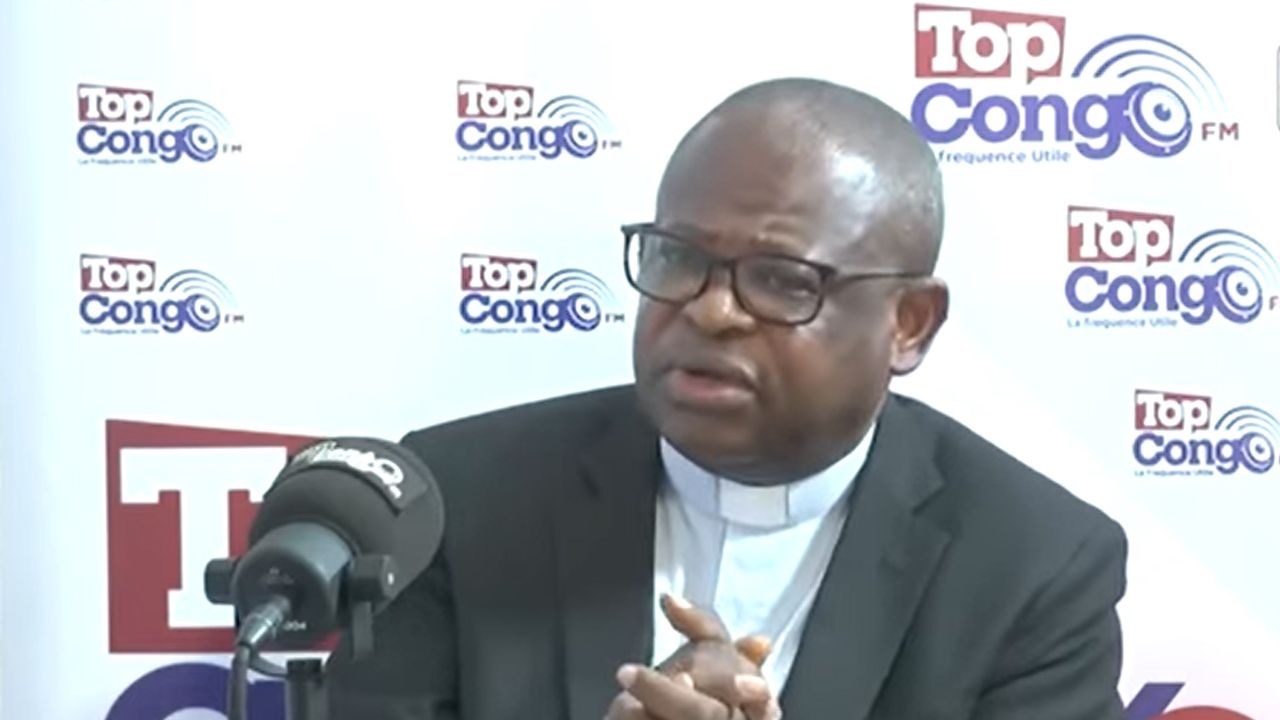
In mid-November, the secretary general of the National Episcopal Conference of the Congo (Cenco), Donatien Nshole, stated that Cenco was willing to act as a kind of air traffic control service that would ensure that the “plane”—i.e. The presidential election plane landed safely.
“I compare the current process to a plane that is starting to land… Good communication is needed between the crew and the control tower. The crew is the head of CENI Kadima and his staff, and we are a kind of control tower.”said the general secretary of Cenco.
The number of problems facing the Independent National Electoral Commission of the Democratic Republic of the Congo may be critical. There is not full confidence that the authorities will be able to organize elections on time. If the presidential election goes ahead against all odds, there could be questions about its transparency and integrity, as well as the possibility of opposition protests and rising tensions within the country.
Source: Rossa Primavera
I am Michael Melvin, an experienced news writer with a passion for uncovering stories and bringing them to the public. I have been working in the news industry for over five years now, and my work has been published on multiple websites. As an author at 24 News Reporters, I cover world section of current events stories that are both informative and captivating to read.
